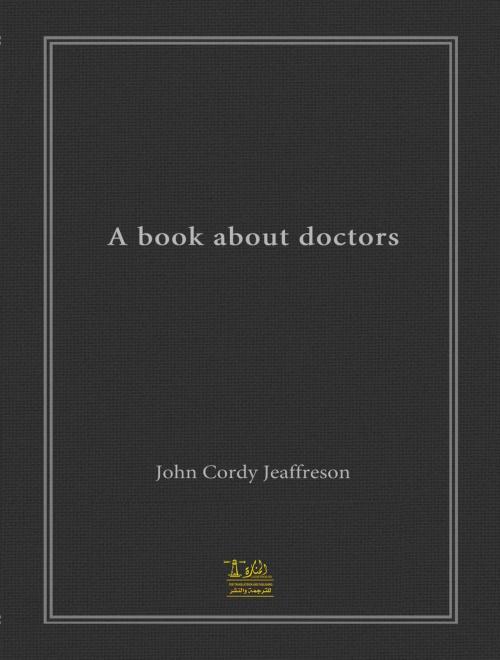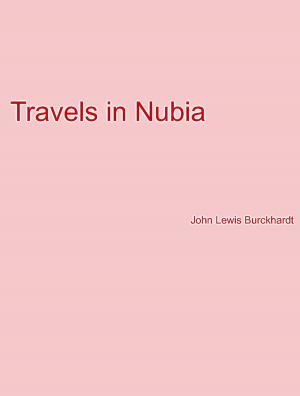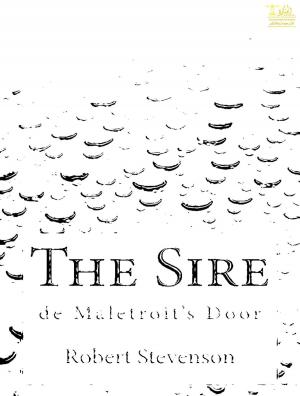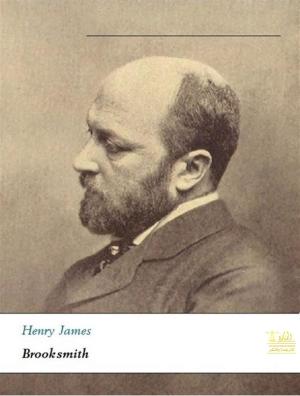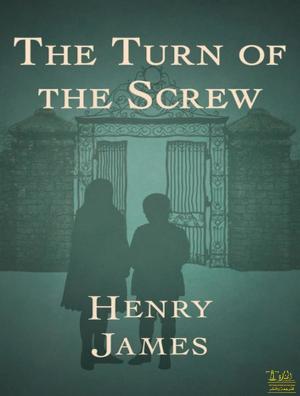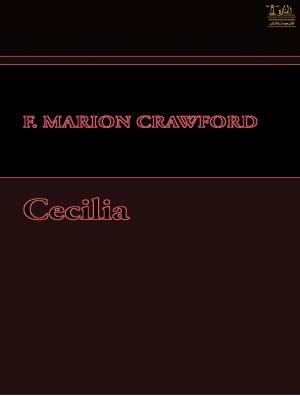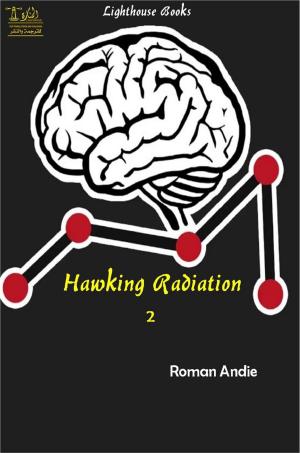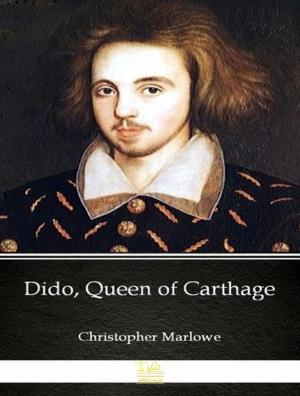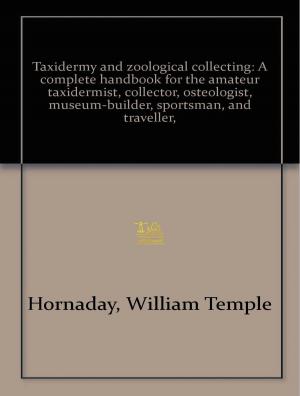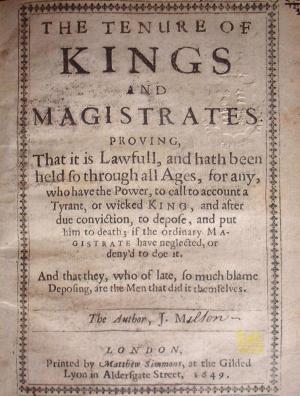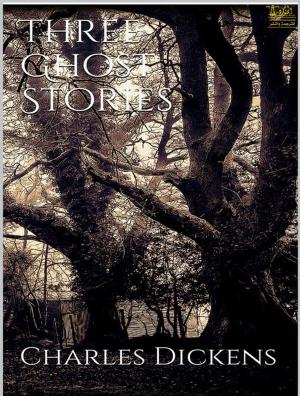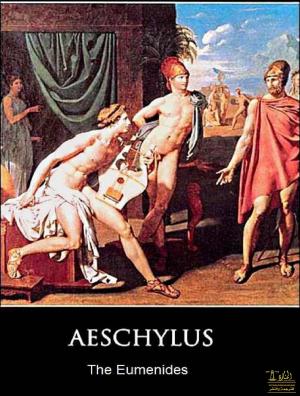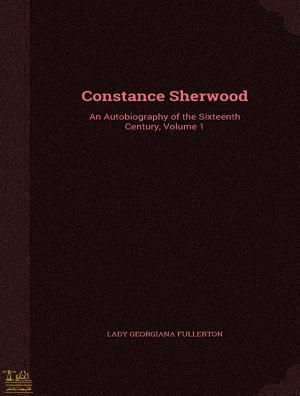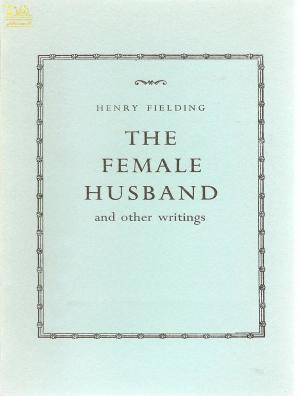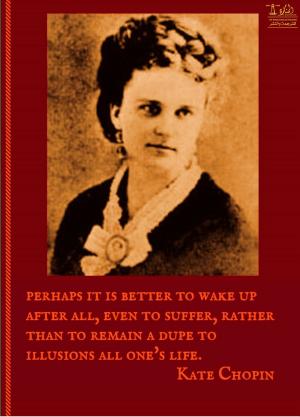A Book about Doctors
Nonfiction, Health & Well Being, Medical, Specialties, Clinical Medicine, Alternative & Holistic Medicine, Alternative Medicine| Author: | John Cordy Jeaffreson | ISBN: | 9780599460034 |
| Publisher: | Lighthouse Books for Translation Publishing | Publication: | May 19, 2019 |
| Imprint: | Lighthouse Books for Translation and Publishing | Language: | English |
| Author: | John Cordy Jeaffreson |
| ISBN: | 9780599460034 |
| Publisher: | Lighthouse Books for Translation Publishing |
| Publication: | May 19, 2019 |
| Imprint: | Lighthouse Books for Translation and Publishing |
| Language: | English |
The writer of this volume has endeavoured to collect, in a readable and attractive form, the best of those medical Ana that have been preserved by tradition or literature. In doing so, he has not only done his best to combine and classify old stories, but also cautiously to select his materials, so that his work, while affording amusement to the leisure hours of Doctors learned in their craft, might contain no line that should render it unfit for the drawing-room table. To effect this, it has been found necessary to reject many valuable and characteristic anecdotes—some of them entering too minutely into the mysteries and technicalities of medicine and surgery, and some being spiced with a humour ill calculated to please the delicacy of the nineteenth century.
Much of the contents of this volume has never before been published, but, after being drawn from a variety of manuscript sources, is now for the first time submitted to the world. It would be difficult to enumerate all the persons to whom the writer is indebted for access to documents, suggestions, critical notes, or memoranda. He cannot, however, let the present occasion go by without expressing his gratitude to the College of Physicians, for the prompt urbanity with which they allowed him to inspect the treasures of their library. To Dr. Munk, the learned librarian of the College—who for many years, in the scant leisure allowed him by the urgent demands of an extensive practice, has found a dignified pastime in antiquarian and biographic research—the writer's best thanks are due. With a liberality by no means always found in a student possessed of "special information," the Doctor surrendered his precious stores to the use of a comparative stranger, apparently without even thinking of the value of his gift. But even more than to the librarian of the College of Physicians the writer is indebted for assistance to his very kind friend Dr. Diamond, of Twickenham House—a gentleman who, to all the best qualities of a complete physician, unites the graces of a scholarly mind, an enthusiasm for art, and the fascinations of a generous nature.
The writer of this volume has endeavoured to collect, in a readable and attractive form, the best of those medical Ana that have been preserved by tradition or literature. In doing so, he has not only done his best to combine and classify old stories, but also cautiously to select his materials, so that his work, while affording amusement to the leisure hours of Doctors learned in their craft, might contain no line that should render it unfit for the drawing-room table. To effect this, it has been found necessary to reject many valuable and characteristic anecdotes—some of them entering too minutely into the mysteries and technicalities of medicine and surgery, and some being spiced with a humour ill calculated to please the delicacy of the nineteenth century.
Much of the contents of this volume has never before been published, but, after being drawn from a variety of manuscript sources, is now for the first time submitted to the world. It would be difficult to enumerate all the persons to whom the writer is indebted for access to documents, suggestions, critical notes, or memoranda. He cannot, however, let the present occasion go by without expressing his gratitude to the College of Physicians, for the prompt urbanity with which they allowed him to inspect the treasures of their library. To Dr. Munk, the learned librarian of the College—who for many years, in the scant leisure allowed him by the urgent demands of an extensive practice, has found a dignified pastime in antiquarian and biographic research—the writer's best thanks are due. With a liberality by no means always found in a student possessed of "special information," the Doctor surrendered his precious stores to the use of a comparative stranger, apparently without even thinking of the value of his gift. But even more than to the librarian of the College of Physicians the writer is indebted for assistance to his very kind friend Dr. Diamond, of Twickenham House—a gentleman who, to all the best qualities of a complete physician, unites the graces of a scholarly mind, an enthusiasm for art, and the fascinations of a generous nature.
